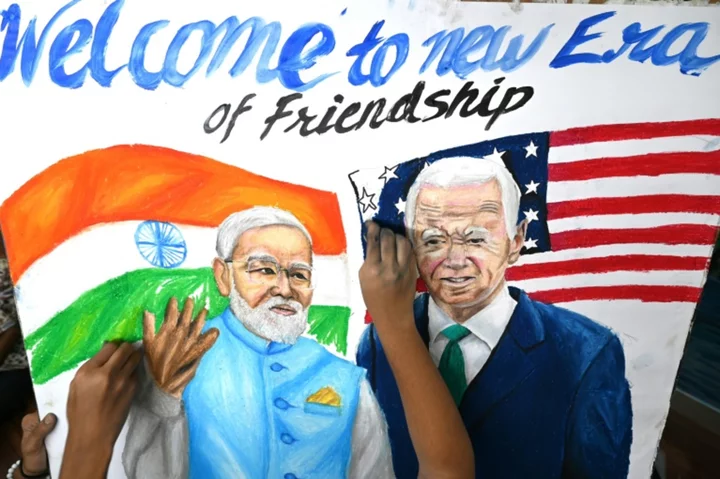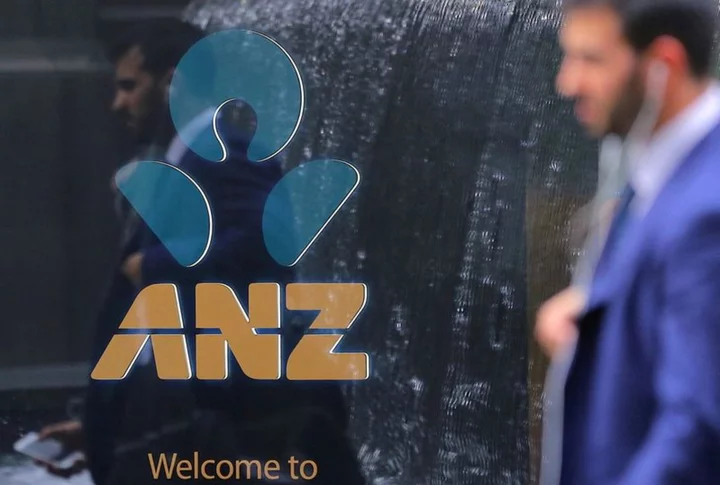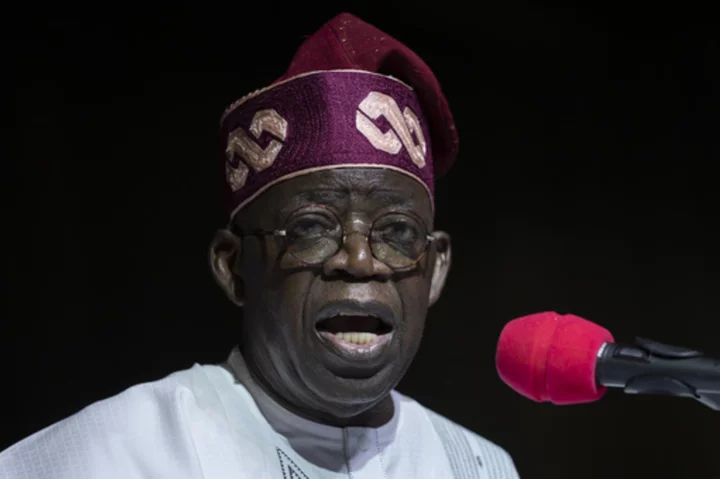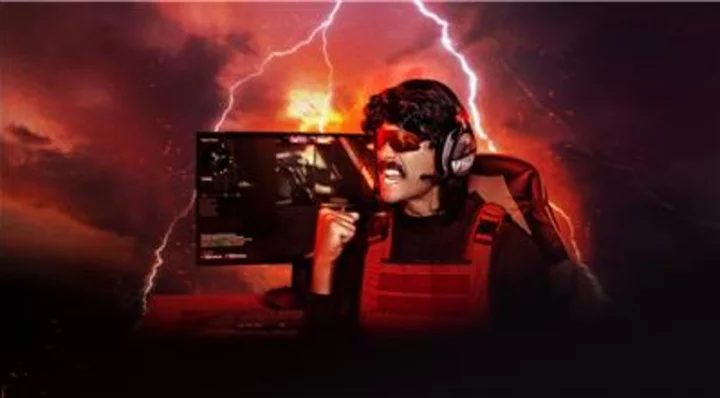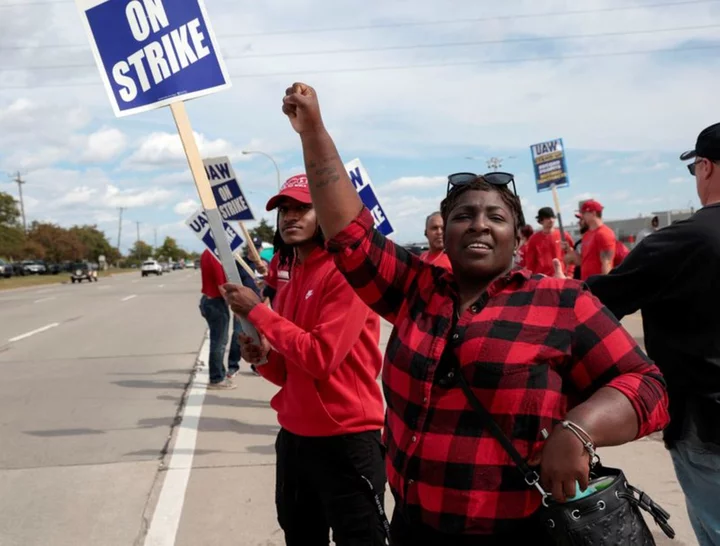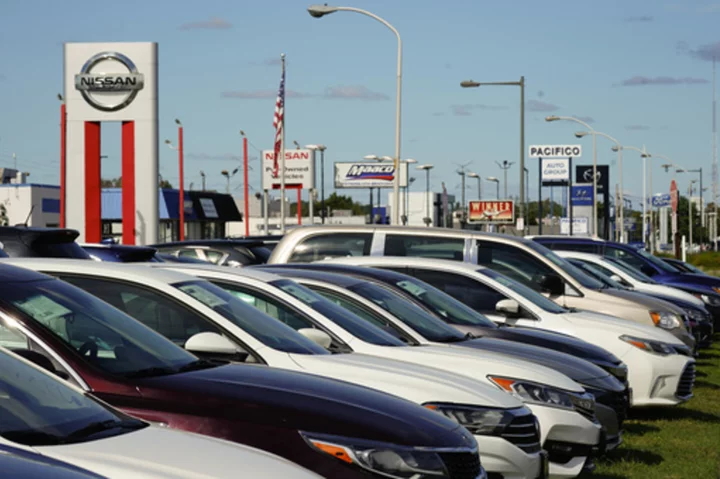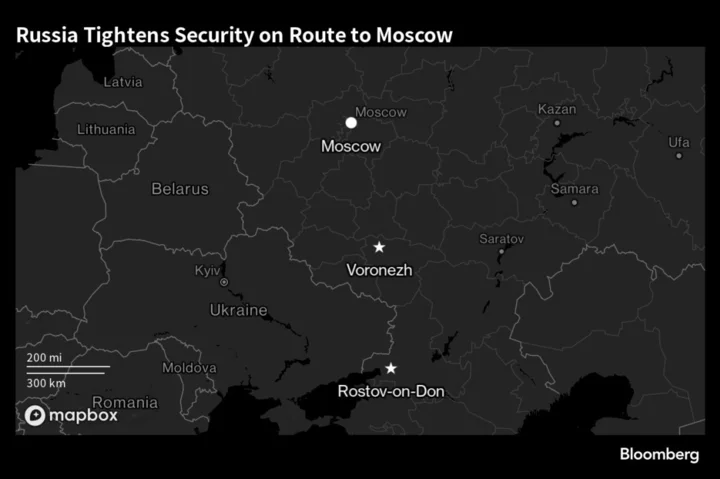Major G20 partners will unveil ambitious plans Saturday to bolster trade between India, the Middle East and Europe, the United States said -- a modern-day Spice Route that could more closely bind three regions that account for about a third of the global economy.
Washington, Saudi Arabia, the EU, UAE and others will sign an agreement on the sidelines of the G20 summit to explore a railway and port project to augment trade flows between Europe and India, officials said.
The agreement comes with Washington actively engaging with Riyadh, a major oil producer and security partner, as it encourages the kingdom to normalise ties with Israel.
Jon Finer, US deputy national security advisor, said the announcement came after "months of careful diplomacy, quiet, careful diplomacy, bilaterally and in multilateral settings".
Finer said the plan could include shipping and rail transportation projects to "enable the flow of commerce, energy and data from here in India across the Middle East to Europe".
This project "has enormous potential" he said. "But exactly how long it takes, I don't know".
The project is still in the early stages, with participants studying how best to link India's vast 1.4 billion population and quick-growing economy with markets to the west.
But Michael Kugelman, South Asia Institute director at The Wilson Center, said the plan could be a significant response to China's much-vaunted Belt and Road Initiative (BRI) -- which has spread Chinese influence, investments and commerce across Europe, Africa, Asia and Latin America.
"If finalised, it would be a game changer that strengthens connectivity between India and the Middle East and would aim to counter BRI," Kugelman posted on X, formerly known as Twitter.
- G20 expansion -
The agreement to discuss the project could be among the most tangible developments at a summit that has highlighted deep-seated divisions between key G20 members over Russia's war in Ukraine and how to pay for climate change.
The summit is nonetheless expected to agree to the accession of the African Union, giving the continent -- whose only G20 member is South Africa -- more of a voice on the global stage.
The Group of 20 was conceived in the throes of the 2008 financial crisis as a way of managing the global economy.
But finding consensus among members has been increasingly difficult in recent years.
Even before it began, the importance of the New Delhi summit was called into question when China's Xi Jinping decided to skip the meeting and send his number two, Premier Li Qiang, to India instead.
No official reason was given for Xi's absence, but the Asian giants have been at loggerheads over a border dispute and other issues, while Beijing is seeking to make US-led groupings such as the G20 more amenable to its own interests.
Russia's seat is taken by Foreign Minister Sergei Lavrov, with diplomatic opprobrium and war crimes charges keeping the country's leader Vladimir Putin from the summit.
United Nations chief Antonio Guterres warned Friday of growing global divisions, insisting countries must assume responsibility regardless of "whether it's the president or the prime minister or the vice president" who is in New Delhi.
- Climate 'out of control' -
The backdrop to the talks could hardly be starker: the European Union's climate monitor has said this year is likely to be the hottest in human history, with Guterres declaring on Friday the "climate crisis is spiralling out of control".
G20 countries account for around 85 percent of global climate warming emissions, making action in the forum crucial to real progress.
India's Modi has painted the summit as his country's diplomatic coming of age -- evidence of New Delhi's clout and prestige on the global stage.
Modi argues developing nations need a greater say in global decision-making.
But on Ukraine, there was little sign of progress.
Moscow continues to press its allies to water down international condemnation of its invasion of Ukraine, throwing up a major roadblock to joint action.
bur-arb/slb/mtp

